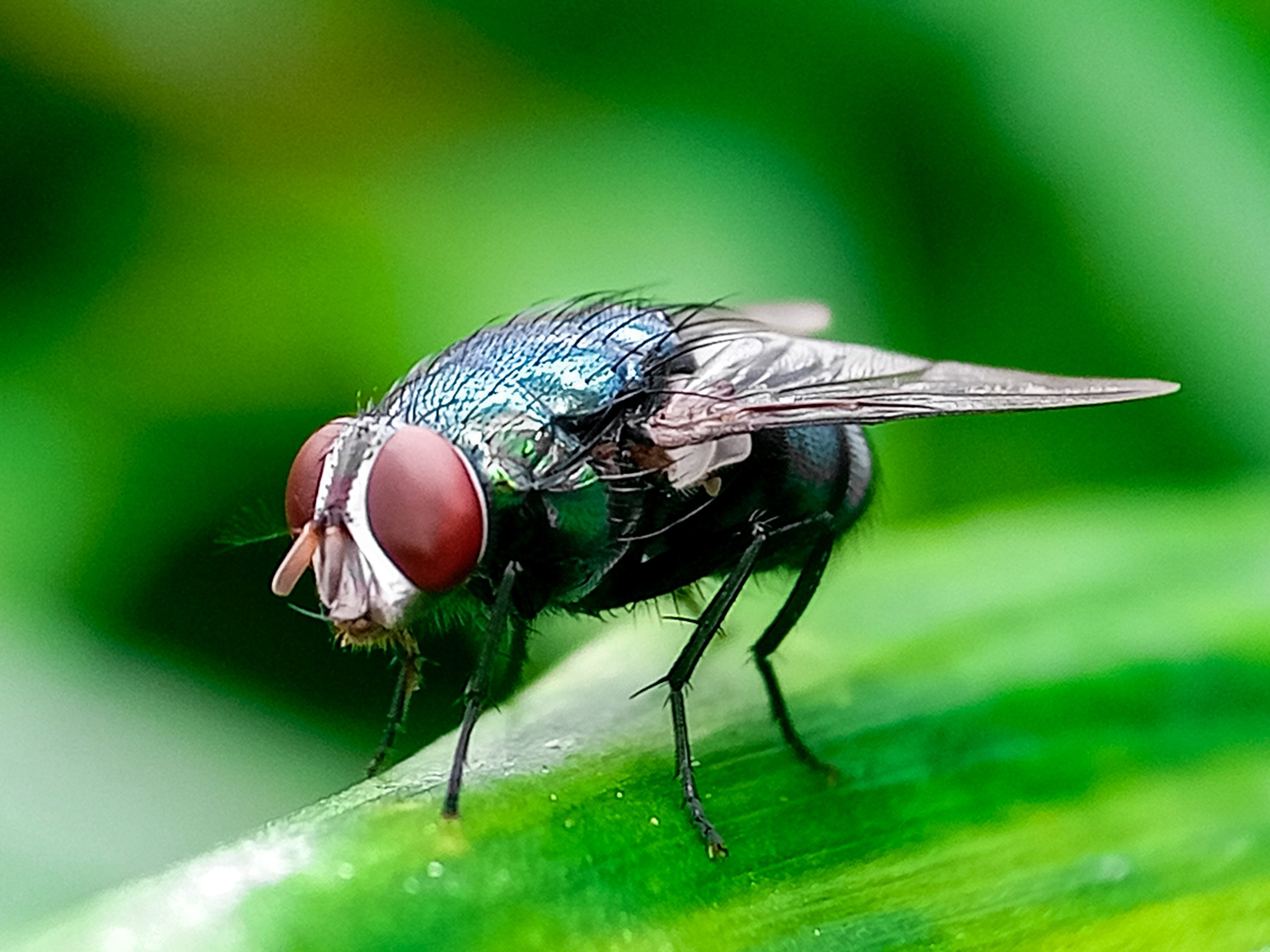A research team just stumbled upon a tiny, ten-celled animal that doesn’t breathe oxygen.
Okay, so it is not a giant, breathing-immune cervid that someone walked into while surveying a remote island. But still, this a big discovery!
Biology class teaches us that animals are the multi-cellar organisms with membrane-bound cell structures that (in simple terms) breathe oxygen, eat, move around, reproduce sexually and grow.
But as scientists were looking at the genetic sequences of fish parasites for a research project, an anomaly appeared. The Henneguya salminicola was missing the sequence for the mitochondria genome.
Now, some people (especially up-to-date science meme lovers) might recall that the mitochondria is the powerhouse of the cell, which means it is the site oxygen is captured to make energy.
The absence of this feature indicates that the tiny multi-cellular organism living in a salmon’s muscle was not, in fact, taking in oxygen. Currently, only non-animal organisms such as fungi or amoeba have been found living in anaerobic, or oxygen-lacking, environments. While the exact details of how the tiny parasite is producing energy, this characteristic alone is eye-opening.
One major theory in evolutionary biology ties organisms’ development into complexity with rising oxygen levels. If multi-cellular organisms can exist in these non-oxygen rich environments, there might be more to the puzzle than originally thought. And, if there is one animal living without oxygen, are there more out there?
The study has brought a really fascinating example to light thanks to the research supported by the U.S.-Israel Binational Science Foundation and conducted with Prof. Paulyn Cartwright of the University of Kansas, and Prof. Jerri Bartholomew and Dr. Stephen Atkinson of Oregon State University. You can read more about it here.
Source: Eureka Alert (American Association for the Advancement of Science) and Proceedings of the National Academy of Sciences



